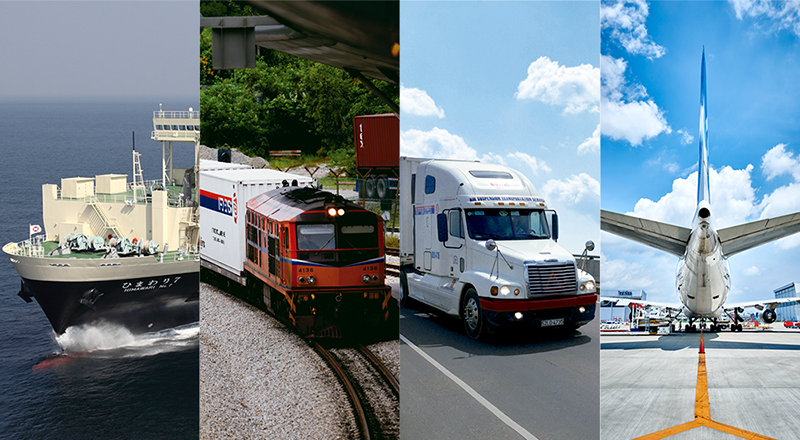NIPPON EXPRESS: DRIVING FORWARD AUTOMOTIVE LOGISTICS Vol.4
December 2,2020
- ― Building resilience into automotive logistics
- Even as new markets and trade flows emerge, building greater resilience will remain a top concern.
- “The COVID-19 pandemic revealed that there could be global shocks to supply chains which the automotive makers must hedge against globally,” says Nagai. “I think the major trends in light of these shocks is to reconsider JIT methods which minimise inventory, bring parts suppliers closer to factories, and procure an increasing proportion of parts from domestic rather than overseas suppliers. It is vital for us to respond quickly to these emerging new customer needs.”
- When the pandemic first broke out in Wuhan and paralysed the region, Nippon Express rolled out alternate routes combining their network of chartered air, coastal shipping, and railways. Thanks to these efforts, automotive parts shipments from Wuhan to within and outside of China continued largely without delays. This was, the company notes, contrary to the expectations of their customers who had at first largely given up hope during lockdown of further deliveries. Even as the pandemic spread across the world beyond China, Nippon Express was able to provide similar backup support in the various markets across the globe it services.
- Future risks could also involve natural disasters, particularly those driven by climate change. After a trunk line in the railway network connecting critical automotive producing areas in Japan was sundered by torrential rains in 2018, Nippon Express found the way. During the three months in which the railway was out of order, the company minimised disruption by providing alternate transport, including truck services, where the trains had stopped. Such experiences add to the company’s stock of know-how in dealing with future extreme weather events in Japan and elsewhere.
- Besides large-scale and agile employment of physical assets to overcome disruption, the company also believes IT, IoT, and AI technologies could help clients prepare for logistics risks and changing real-time conditions.
- “By providing IT platforms which track and visualise increasingly complex supply chains, we hope to help customers streamline their operations,” says Nagai.
- In fact, Nippon Express has been developing cloud- and blockchain-based platforms with end-to-end visibility of cargo in its other domains such as pharmaceuticals and electronics logistics. The system could also be potentially helpful in tracking increasingly sensitive automotive parts – such as lithium batteries for electronic vehicles – across the globe.
- These and other innovations should help drive forward automotive logistics into the future and help the industry navigate roads ahead more smoothly.
